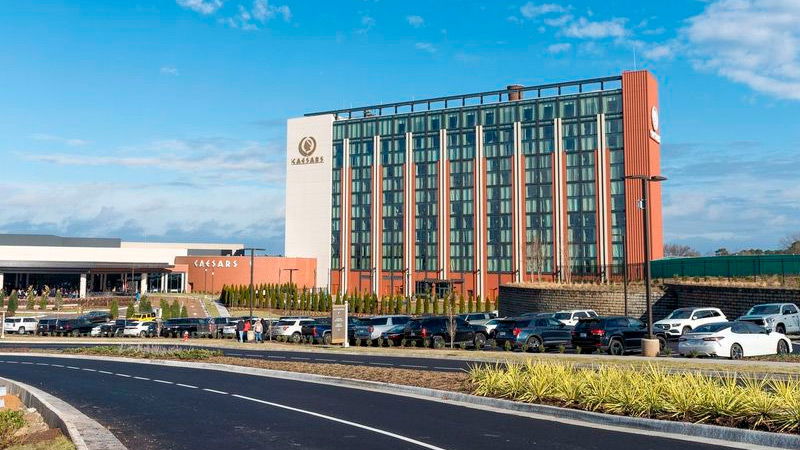Ohio House unveils legislation for spending casino revenue

The Senate plan focused on the gambling age and the alcohol licensing fees at the casinos. The House plan, however, was focused more on how to spend the us$ 200 million licensing fees coming from the four approved casinos.
Among the areas that will receive the funding under the House plan are workforce development programs. Ohio has been one of the states hit the hardest by the economic recession and unemployment rates continue to rise in the state.
Senators immediately reacted negatively to the House plan. Senator Keith Faber believes that the regulations should be the main area addressed, and asserted that the House is moving too quickly on spending the money that will be generated.
One of the topics that has casino developers attention is the alcohol rules. The casinos are pushing for twenty-four hour liquor service, but neither the Senate nor the House bills allowed for that. The Senate version would have alcohol sales stopped at 2:30 AM every night.
Another stipulation in the House proposal would be a guarantee that minority contractors and employees be hired. Services and goods would also have to be purchased from local businesses, something both chambers will push for.
The Senate is controlled by the Republicans and the House by the Democrats. The two had been in discussions to create a combined bill, but those talks have stalled. Now, the Senate and House have several weeks to negotiate the terms of new legislation before a June deadline to create casino regulations.
















